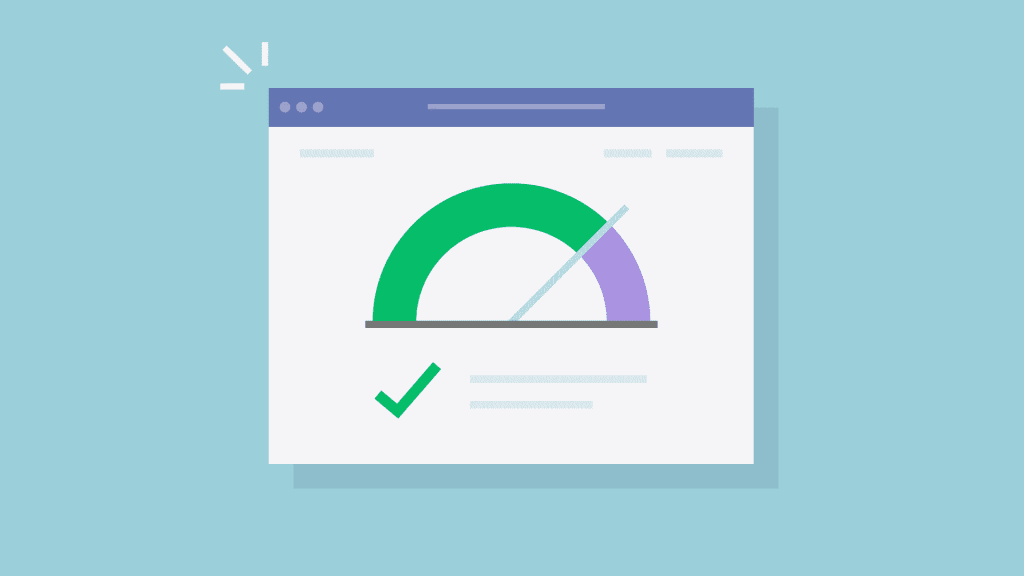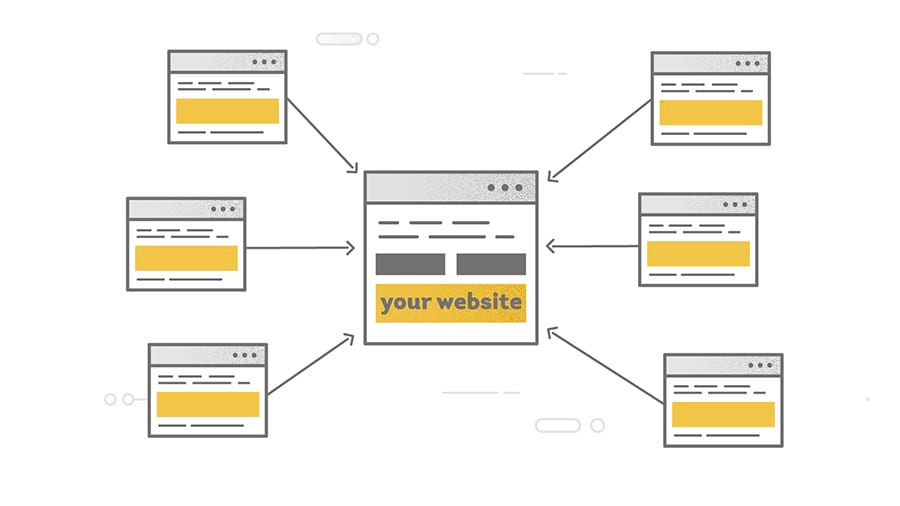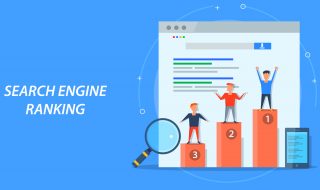
Every marketer’s desire is always to win the ever-tight race for online visibility. That’s why knowing the essential ingredients that propel you to the top is akin to holding the keys to a treasure box. Today, we’re not delving into the details of the digital labyrinth. Instead, we’re unlocking the simple top four SEO ranking factors every marketer should follow.
A Safe and Reachable Website

Your key priority as a marketer is building a website URL that’s safe for Google’s crawlers to reach and crawl. Regardless of how powerful your other SEO ranking factors are, if the website is unreachable, then you toil in vain.
A good website URL should provide search engines and your target audience with context to your page. You would want the web crawlers to know what your website or target page is all about by inserting relevant keywords in the page’s URL. Finally, ensure your website URL has the ‘https’ prefix, as it is a light ranking factor for Google and also an assurance to users that they’re clicking a safe website.
Helpful Content

Google ranks new and helpful content that targets the intended user, which is why it isn’t enough just to share tidbits of information and leave it at that. Good page content tells search engines what your page is talking about so you can get ranked in relevant search results. Additionally, helpful content attracts and retains users on your page for a long time, sending a positive signal of your page’s relevancy to Google.
You can craft high-quality content that meets Google’s search intent, or you can hire a professional team like Pulsion to handle all your on-page SEO needs. The end game is to write content infused with the best-ranking keywords for optimal visibility and reach.
Page Speed

How fast your web pages load can determine how better the respective pages rank above the competition on Google search engine result pages (SERPs). Since Google is determined to improve users’ web experience, they prioritize fast-loading web pages over slower ones when ranking these pages.
Your web pages should load seamlessly on both desktop and mobile devices for them to stand a better chance at ranking or even avoiding penalties. Once you publish a page, ensure you check it with Google’s mobile testing tool to tell your page’s performance.
Link Building

Links are crucial for SEO ranking as they boost the ‘authority’ of your web pages in the eyes of Google in order for these pages to rank higher than the competition. When starting out on link building, there are three major types of links you should think about – internal, inbound, and outbound links.
Internal linking is when you link back to a page on your website so that readers can get there and read more about a topic you’re talking about on another page. This helps both pages to become more valuable to users and Google, boosting their authority.
On the other hand, inbound link building is when a top-ranking page includes a relevant link to your page, giving it more authority. Inbound links are also known as backlinks, and Google requires that you get as many authoritative backlinks as possible to boost your website’s ranking power.
Finally, outbound links are the links from your website to other high-authority websites to show your visitors you’re creating remarkable content for them. You should only link to reliable sources that are relevant to the content you’re writing and not to a whole lot of websites out there.
The above ranking factors should give you a glimpse of what you must do to make your website visible to the target audience. The focus should be on both your target audience and on meeting Google’s ranking factor. At no point should you please the one and displease the other!




